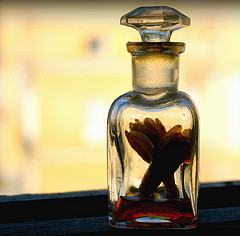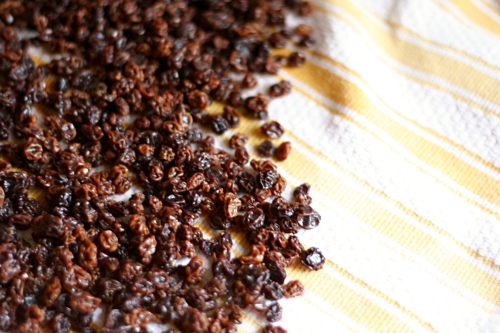dust and ashes
“If you return to the Almighty, you will be restored:
If you remove wickedness far from your tent
and assign your nuggets to the dust,
your gold of Ophir to the rocks in the ravines,
then the Almighty will be your gold,
the choicest silver for you.”
— Job 22:23-25
_____________________________________
Eliphaz’s harsh counsel to Job had become for me a life-giving rebuke. When no particular set of circumstances could be blamed for my peculiar sense of devastation, I was perplexed, undone. Standing in the midst of a thousand tiny shards to which I was sole proprietor was shocking enough, until I realized it was by divine appointment.
I must’ve looked the part, too, standing at the back of the sanctuary all pensive, full of yearning, tentative, wholly uncomfortable. The pastor’s usual effusive greeting turned inquisitive.
“How’re you doing?”
“Decimated,” I replied, eyes burning.
His demeanor shifted somewhere between sober and hopeful. “That’s worship.”
He offered no more.
It was a moment of grace, really, as I caught a glimpse of what he meant.
I was being crushed. And it pleased God to crush me.
___________________________________
If I were to define worship in a particular sense, it would be this:
Worship is a returning to the dust from whence we came. It is the act of being brought low before a holy God, humbled by what cannot be done in one’s own strength: to surrender to the crushing process that we might bring forth the fragrance of Christ.
It’s here in this backdrop, this place of dust, where we die to self, yield to Him by the exchange of our will for His, beholding the object of His majesty, His might, His glory in the face of Christ. Where we truly begin to live.
From this vantage point, we see light, discover reality, learn righteousness, and reap in wisdom. We begin to value what matters most, and learn to discern what doesn’t. The world’s pull weakens, our idols fall, and the noise fades. In this place of dust, we come to terms with who we really are: frail, depraved, needy, and desperate. Here is where a healthy self-loathing kicks in, superseded by a healthy self-love, informed by the doctrine of the Imago Dei. This is where we begin to move beyond the blur and find clarity of our eternal purpose, where we learn to live coram Deo as we traipse this earth’s crust before the face of a holy God, walking in the good works He’s prepared in advance for us to do. This is worship, too, part of our reasonable service.
You may ask: But what of the crushing?
Well, what of the flower? Petals are macerated, oil is extracted, the perfume is distilled.
You are an alabaster jar. Have you any nard?
That question is answered in the yielding. Learning to come under the mighty hand of God takes a lifetime, willing to be crushed in the process. Gethsemane exists to test us. If we choose right, the outcome is His; a fragrant offering. He will not refuse it.
Will you be crushed for His sake?
One of the great obstacles to true spiritual worship is that we forget who we are: animated dust, called and beloved by a Supreme God, created for His good pleasure and for His glory. One of our great sins is that we think it’s about us and for us, and we do all the choosing. We profane the Lord by not distinguishing between the holy and the common, rendering our hearts to the lesser god of self.
If you will be tested, then return to the dust; bring your nuggets of gold and your fine silver, too, those things you cling to. Lay low, allow Him to refine you in the fire. Let Him form you out of the dust and ashes into a choice instrument set apart for His praise and glory.
Find Him there.
“…then the Almighty will be your gold, the choicest silver for you.”
— Job 22:25
________________________________________
*A revised piece originally published as “Worship in the Dust” for Out of the Ordinary‘s October 2013 series on the theme of worship.





















